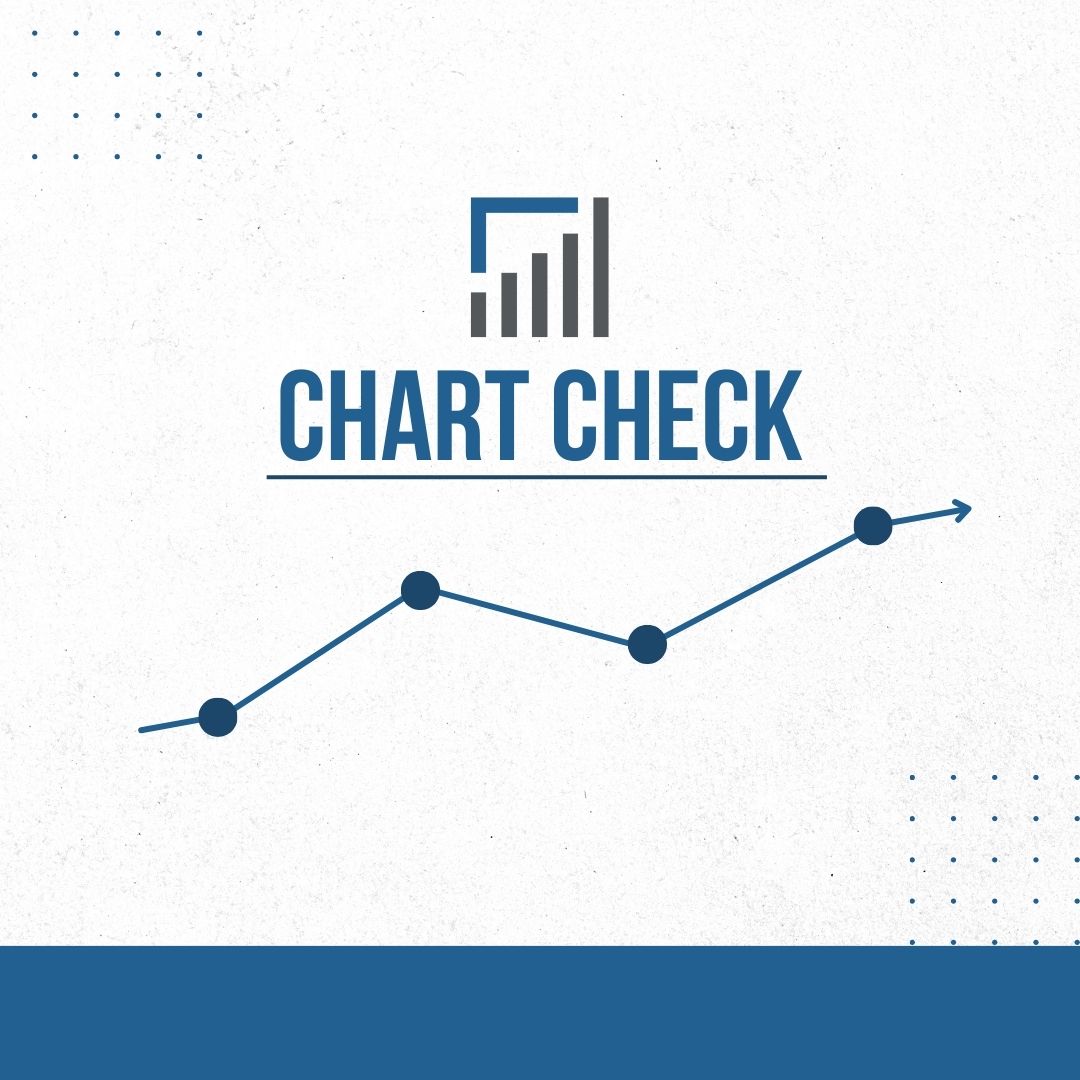Health Savings Accounts (HSAs) have emerged as a potent tool in the evolving healthcare landscape and financial planning, especially for the young and healthy demographic. HSAs offer a unique blend of health coverage and financial benefits as an alternative to traditional health care plans. Understanding the intricacies of these accounts is essential for anyone considering their healthcare options in 2023.
What is an HSA?
An HSA is a tax-advantaged account that works alongside a high-deductible health plan (HDHP). To be eligible for an HSA, individuals must be enrolled in an HDHP, not covered by any other health plan, under 65 years old (not on Medicare), and cannot be claimed as a dependent on someone else’s tax return. The appeal of HSAs lies in their dual role as a health and financial asset.
High-Deductible Health Plans Explained
HDHPs, necessary for HSA eligibility, offer health benefits only after the deductible is met. In 2023, the minimum deductible is $1,400 for individuals and $2,800 for families. These figures are merely the baseline; actual deductibles may be higher depending on the chosen plan.
Why Choose an HSA?
- Investment and Growth Potential: One of the standout features of HSAs is their growth potential. Contributions can be invested in various options such as stocks, bonds, mutual funds, interest-earning savings accounts, and money market accounts. This diversification allows the HSA to grow over time, subject to market conditions.
- Rollover Feature and Long-Term Savings: HSAs come with a rollover feature, allowing unused funds to accumulate year after year. This is particularly advantageous for younger individuals who may not require significant medical expenses annually. Over time, this can lead to substantial savings, providing a financial cushion for future healthcare needs.
- Portability and Lower Premiums: HSAs are owned by the individual and not tied to employment. This means that the account remains with you, regardless of job changes. Additionally, because of the high deductible nature of the associated health plans, the monthly premiums are generally lower than traditional health plans. This aspect further facilitates contributions to the HSA.
- Employer Contributions and Annual Limits: Many employers offer contributions to HSAs or the premiums of the associated HDHP. For 2023, the maximum contribution for an individual HSA is $3,850 and $7,750 for families. These contributions and potential employer contributions make HSAs particularly appealing to those in good health.
Potential Downsides
While HSAs offer numerous benefits, they may not fit everyone best. Individuals with high health expenses may find the high deductible burdensome, reducing the HSA’s effectiveness as a savings tool. In such cases, the account may not accumulate significant savings over time.
Tax Advantages of HSAs
- Reducing Taxable Income: HSAs offer several tax benefits. Contributions made directly from paychecks are pre-tax, reducing taxable income. Also, post-tax contributions can be deducted from federal and state income taxes.
- Tax-Deferred Growth and Tax-Free Withdrawals: All contributions, including investment earnings in an HSA, grow tax-deferred. Furthermore, withdrawals for qualified medical expenses are tax-free, as defined by IRS Publication 502. This dual tax advantage makes HSAs a strategic choice for healthcare planning.
Professional Consultation Recommended
Choosing the right healthcare plan is a complex decision that intertwines health needs and financial capabilities. Consulting with a financial professional is highly recommended to understand the full spectrum of benefits and implications of HSAs. As healthcare costs and personal financial planning become increasingly intertwined, HSAs in 2023 offer a flexible, potentially lucrative, and tax-advantaged option for those who qualify.
If you are a Legacy client and have questions, please do not hesitate to contact your Legacy advisor. If you are not a Legacy client and are interested in learning more about our approach to personalized wealth management, please contact us at 920.967.5020 or connect@lptrust.com.
This newsletter is provided for informational purposes only.
It is not intended as legal, accounting, or financial planning advice.




